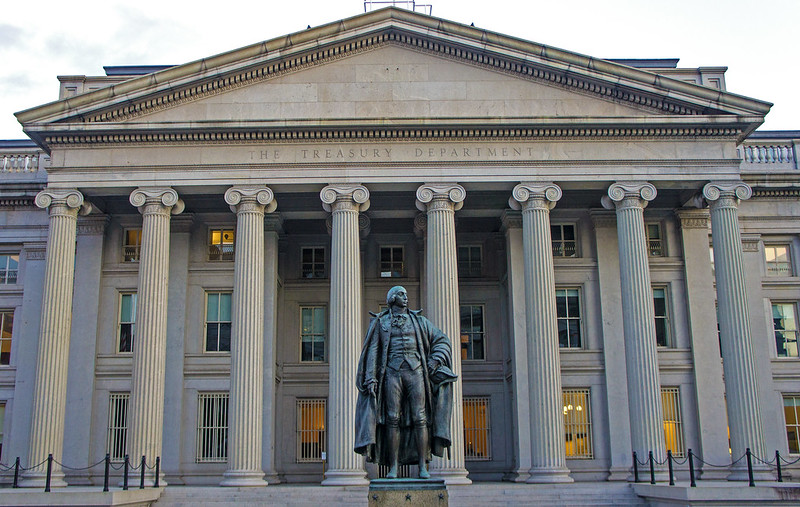
The Treasury department is considering moving tax payment and tax filing deadlines, according to recent media reports.
While some fail to make a distinction between tax payments and tax filing, there is an important difference.
Delaying tax payment deadlines is a positive step that will help Americans receive liquidity in this economic downturn.
However, delaying tax filing deadlines would be counterproductive to this goal as it would discourage people from filing, which would result in the government keeping tax refunds owed to millions of Americans.
According to current IRS data, millions of taxpayers have not filed even though they are due to receive a refund. Compared to last year, the number of refunds issued has dropped by 12 percent and the amount of refunds issued has dropped by $30 billion.
In any given year, almost three in four Americans receive a tax refund averaging $3,000. Despite this, many people wait until the last minute to file every year. Based on prior years, an estimated 35 million Americans – or 25 percent of total filers – wait until the last two weeks of tax season (April 1-15) to file. Of these 35 million taxpayers, over half receive a refund averaging $2,000.
Many of these individuals have not filed simply because they do not have to. Extending the tax filing deadline will therefore benefit the government, not taxpayers by extending the interest free loan that many individuals give the government from overpaying taxes throughout the year.
Having people file now, ahead of the 2020 election, will also reinforce the benefits of the Trump tax cuts. Thanks to the Tax Cuts and Jobs Act, the typical family of four has seen a tax cut of $2,000, a nearly 60 percent reduction in federal income taxes. However, Democrat Presidential Candidate Joe Biden has vowed to repeal these tax cuts, raising taxes on 90 percent of Americans. This is an opportunity to highlight the lower taxes that Americans are now paying and contrast it with the higher taxes that families and individuals will pay under a Biden presidency.
On the one hand, Treasury should further extend tax payment deadlines to offer liquidity to American individuals and businesses.
In July, American businesses and individuals will be required to make roughly $1 trillion in tax payments to the IRS. This starts with roughly $50 billion in excise tax payments due July 1, but will also include estimated tax payments for the first and second quarter of the year and income tax payments for individuals and small businesses.
This represents a significant transfer of cash from the private sector to the federal government and will deprive taxpayers of much needed liquidity as they look to recover from the economic damages of COVID-19.
Treasury can help taxpayers through this crisis by using its regulatory authority to defer tax payments through the end of the year. This will allow businesses to prioritize paying workers and meeting expenses over making tax payments and will help individuals and families make ends meet.
This is a modest step toward providing emergency liquidity, as these taxes will eventually be repaid.
Conservative groups recently wrote to Secretary Mnuchin urging him to delay tax payment deadlines into 2021 so that taxpayers had the liquidity they need.
There is precedent for this move. Treasury has already moved the filing deadline from April 15 to July 15 and moved many payment deadlines including excise tax payments and estimated payments for businesses.
While this move was important to giving businesses and individuals more time to file without incurring penalties, it is important for Americans to continue filing.
Moving forward the best way Treasury can help American taxpayers is by delaying tax payment deadlines to give taxpayers liquidity, but keeping tax filing deadlines as they currently are so that people are incentivized to file and receive the refunds that they are owed.

